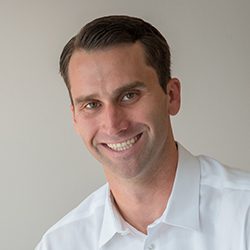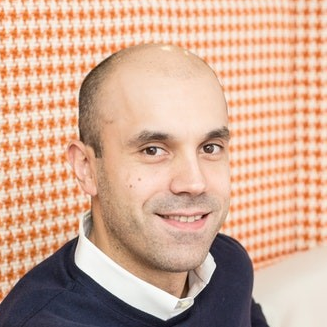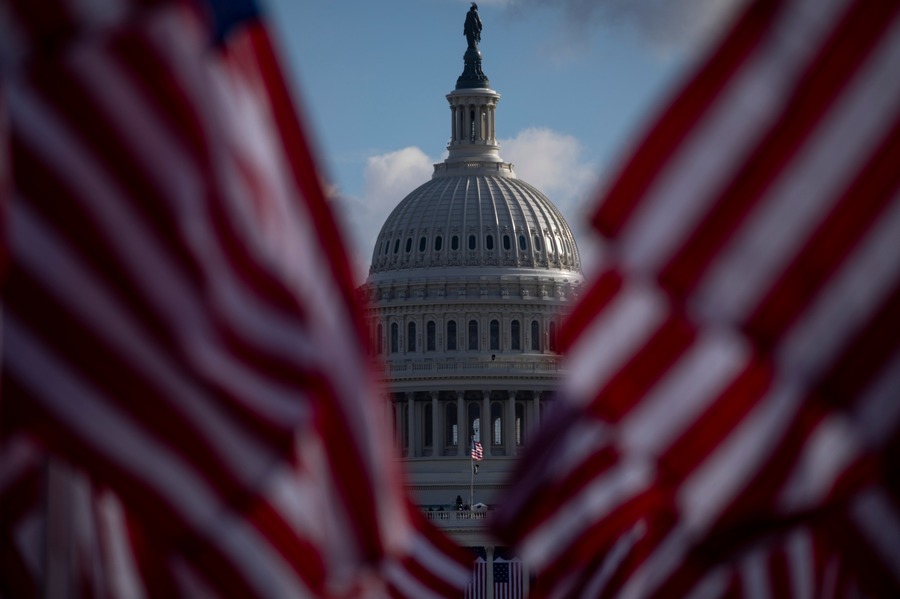The Difference a Hearing Makes: Public Awareness of and Confidence in Gina Haspel Increased After Her Senate Testimony
The fight over Gina Haspel’s nomination to be director of the CIA was one of the more politically controversial that has emerged in recent months. It raised complex questions of leadership and accountability and reopened discussion over this country’s use of harsh interrogation techniques that many have characterized as torture.

Published by The Lawfare Institute
in Cooperation With

The fight over Gina Haspel’s nomination to be director of the CIA was one of the more politically controversial that has emerged in recent months. It raised complex questions of leadership and accountability and reopened discussion over this country’s use of harsh interrogation techniques that many have characterized as torture. Among just the authors of this piece, one of us supported her confirmation while another opposed it.
In an attempt to better understand public opinions regarding the Haspel nomination, we ran two polls on Google Surveys, one before and one after her confirmation hearing. The second poll was still in the field when the Senate voted to confirm Haspel. As a result, the second poll asked some of its respondents a question that was already moot. Nonetheless, we felt that the data would be useful to analysts to understand how the public was reflecting the debate over Haspel’s qualifications and history.
Between April 25 and May 6, we polled public support for Haspel’s nomination to head the CIA. As we reported in early May, a mere 15.3 percent of respondents said they had heard of Gina Haspel. Among that 15.3 percent, respondents were evenly divided between supporting and opposing her nomination, at 38.4 percent and 38.6 percent, respectively.
Between May 15 and May 18, after Haspel’s confirmation hearing, we conducted a follow-up poll to gauge public support for Haspel’s nomination to head the CIA. It found that public awareness of Haspel had increased dramatically, as had support for her confirmation. The share of the public that reported having heard of Gina Haspel more than doubled, to 35.9 percent, though that still trailed the 43 percent of more than 3,000 respondents who had not heard of her. Interestingly, the share of respondents who were not sure they had heard of her held steady: It was 22.2 percent before her confirmation hearing and 21.1 percent after.
This left a sample of 1,086 respondents to answer this question: “Some worry Haspel was involved in the CIA’s use of harsh interrogations while others think she is a qualified leader. Do you think the Senate should confirm her?”
The results were dramatically different from our earlier Haspel poll, in which the public was evenly split. In this follow-up, support for Haspel’s confirmation jumped to 49.6 percent, with just 28.2 percent opposed. As we noted above, this poll was in the field when Haspel was confirmed on May 17, so some respondents may have been biased by knowing how the Senate had acted.

Looking at party affiliation, support for Haspel’s confirmation improved across the board, but her biggest boost came from independents. Among independents, Haspel’s support jumped to 50.1 percent from 38.5 percent. Her support among Republicans increased from 73.8 percent to 79.2 percent. Haspel even gained ground among Democrats, with support for her confirmation rising from 14.2 percent to 21.2 percent.

Methodology
From May 15 to May 18, we once again used Google Surveys, which is supporting this project with a large in-kind donation of access to its survey platform, through which to ask a variety of questions related to national security. Respondents are internet-users ages 18 and older who answer “surveywall” questions on websites that use Google Opinion Rewards for Publishers to access content. Surveys appear on a network of more than 1,500 sites, including USA Today and the Financial Times. For more information on Google Surveys’ methodology, including questions regarding sampling bias and inferred demographics, please see Google’s white paper on the topic. Benjamin Wittes and Emma Kohse also discussed criticisms and advantages of the Google Surveys methodology at some length in this paper.






.jpg?sfvrsn=fd262d7d_3)
.jpeg?sfvrsn=fe8dc188_5)
